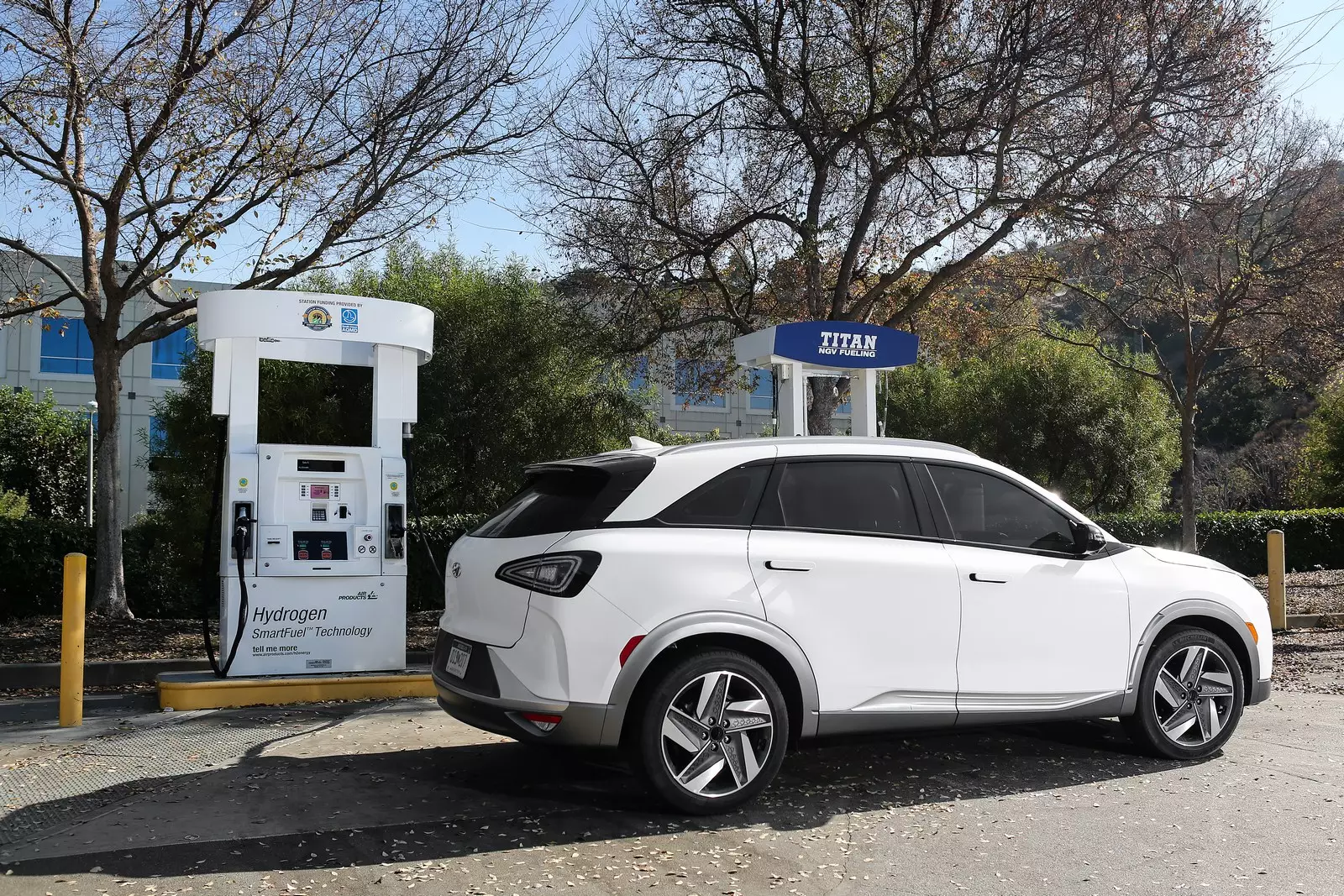THE Hyundai Nexus represents the second generation of fuel cell vehicles, or hydrogen fuel cell, from the South Korean manufacturer. And, at the moment, it doesn't seem to be enough for the orders.
Due to the limitation that exists in most markets when it comes to infrastructure for this type of vehicles, Hyundai had planned to sell only 1500 Nexo during 2019. A modest number, perhaps too much — in South Korea alone, orders amount to 5500.
An unexpected volume for the manufacturer, who was forced to cut the number of Hyundai Nexo destined for the United States of America and Europe, to satisfy domestic demand.

The success is due, in large part, to the incentive program that currently exists in South Korea for hydrogen fuel cell vehicles, so the order is, for now, to satisfy that demand.
Subscribe to our newsletter
That's what the head of Hyundai's fuel cell vehicle business, Dr. Sae-Hoon Kim, says in statements to Autocar: “We have to do what makes the most sense from a business point of view, and with good subsidies available in Korea that can be withdrawn at any time, the decision was made to fulfill these orders”.
Another consequence lies in the decision to also increase the production of hydrogen fuel cell vehicles, which includes the Nexus, to 40 thousand units per year.
Numbers are still very small, even when compared to battery-powered electric vehicles, but according to Sae-Hoon Kim, this type of vehicle is increasingly closer to commercial viability: “around 200,000 units per year we have the scale to buy the materials we need at a cost that would put the hydrogen car on par with today's battery-powered electric car”, concluding, “at the pace of current demand, I can see that happening in the next five years”.
We already had the opportunity to drive the Hyundai Nexo — see the video below — during its presentation and we left there convinced — when we drive it, it behaves like an electric, because it is, but it doesn't have the disadvantages of these when we talk about charging or autonomy.
The problem resides, above all, in the supply infrastructure, which is limited or non-existent, as is the case in Portugal. Which is why it is not marketed here.
